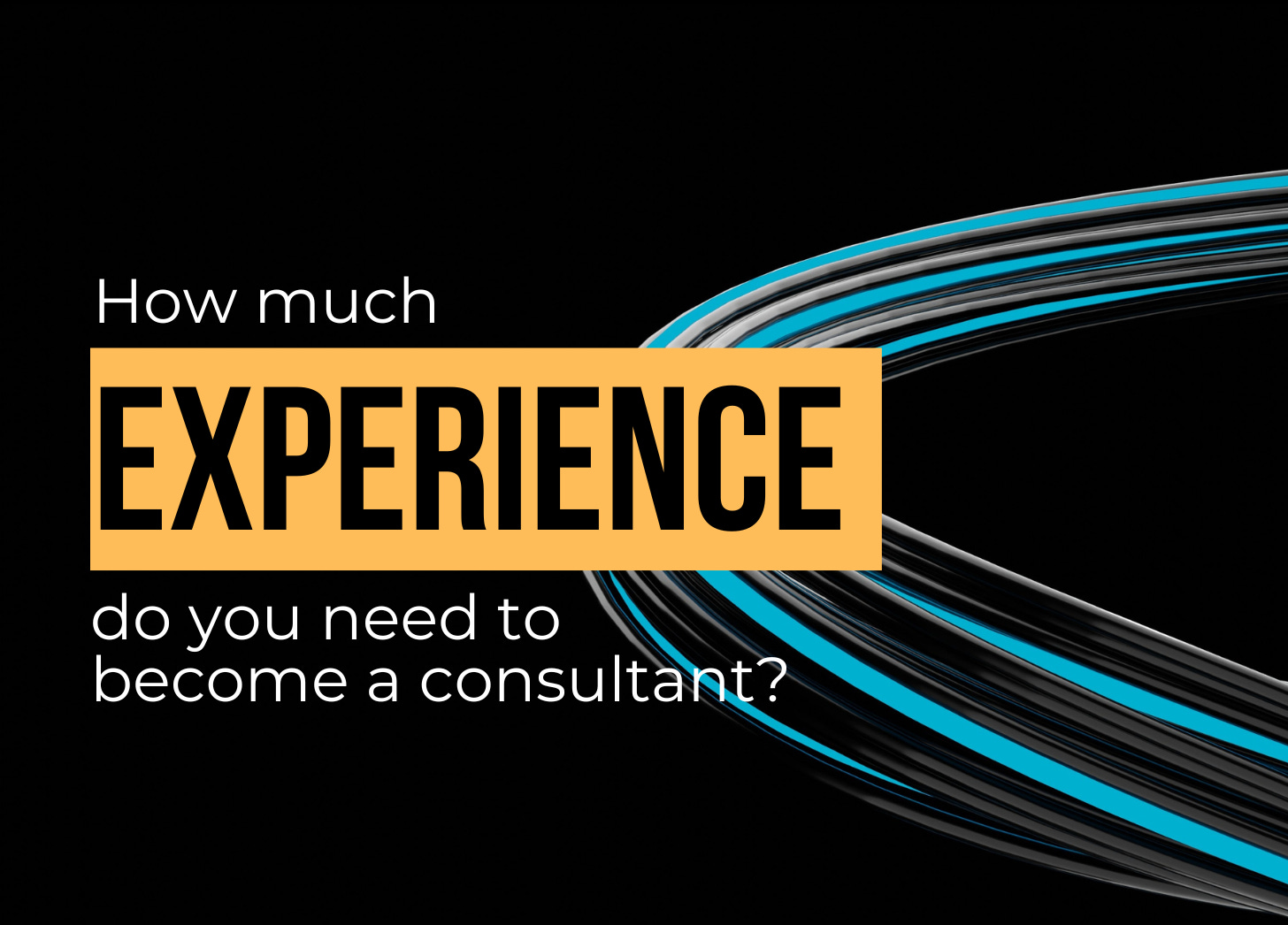What Experience Do You Need To Be A Consultant?
How much experience you have really doesn't matter that much. What kind of experience you have is far more important.
Welcome to my consultancy newsletter. If you want to build a thriving consultancy practice in your niche, I want to help. Please subscribe to my newsletter and find my list of best articles here.
Many people decide to become a consultant after spending a decade or two working in-house for organisations.
Browsing a few consultant’s websites today, many proudly promote their ‘[xx] years of experience in [sector]’.
For some, it is the main selling point they promote. They position themselves as the ‘experienced’ option.
But your years of experience probably aren’t as powerful a selling point as you might think. Worse yet, the wrong kind of experience can do more harm than good.
Is Your Experience Working Against You?
I spent about a year working for the United Nations in Geneva.
It’s incredibly hard to be fired from working at the UN. This means it’s an organisation which tends to have a lot of people who have worked there for 20 to 30 years.
This gives them deep institutional knowledge, b…



